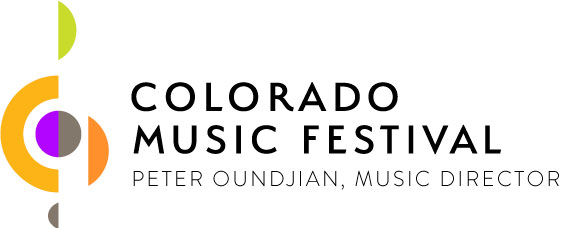by Marc Shugold
Ask Jan Swafford about his plans for a July 31 talk at the Academy Boulder, and you’ll get something akin to a shrug. “I’m ready for anything,” the renowned author, music historian and composer confessed. When pressed, he suggested that he’ll probably offer some thoughts about Beethoven, who is a major presence in this summer’s Colorado Music Festival.
If Swafford does talk about Beethoven, pay close attention. The man knows his stuff.
His biography, Beethoven: Anguish and Triumph, received unanimous rave reviews (as did his equally stunning bios of Brahms and Ives). The British online Independent called the Beethoven biography “ magisterial, warm, and engaging.” In conversation, Swafford doesn’t sound magisterial, but he is warm and engaging. That accessibility, along with his immense knowledge and a gift for clearly articulating distinctive observations about music make his visit to Chautauqua a must-see.
Freshness of Approach
Freshness of approach has always been one of Swafford’s hallmarks. “Here’s something that might not be readily understood about composers like Beethoven and those who really changed things,” he said. “Think of ground-breaking works like the Eroica (Symphony), or Stravinsky’s Rite of Spring, or Schoenberg’s Pierrot Lunaire. What they have in common is that they are programmatic – they tell a story. Think about what made Beethoven’s Eroica what it is: It was its subject, Napoleon. The first movement has been described by others as a battle, and I agree with that. The second is, of course, a Funeral March. Things get obscure in the last two movements. But it was the story-telling that made the Symphony so new – not its length, as people tend to believe. It’s not much longer than the Second Symphony.” Well, the Eroica is actually about 12 minutes longer, but we digress.
Swafford has done detailed research on Beethoven over the years, recently focusing his attention on how the composer was influenced by Mozart’s two minor-key Piano Concertos, Nos. 20 and 24. But the author stressed that he also looks at the Big Picture. “Beethoven once said, ‘My attitude is to keep the whole in view.’ He didn’t look at a symphony’s four movements as four separate pieces, as those before him had done. He considered it one entity.”
There are abundant ways of examining Beethoven and his music, so many separate elements that impacted him: his growing deafness; his enormous respect for Haydn, Mozart and other earlier masters; the ever-encroaching wars launched by Napoleon. And, Swafford pointed out, let’s not forget the composer’s larger-than-life ego. “He was totally self-involved. He really had the personality of a teenager. Consider that, at age 10, he was told that he would be the next Mozart.”
Swafford threw some cold water on scholars who neatly divide Beethoven’s compositional career into three separate periods: early, middle and late. Those divisions have long been applied to the String Quartets, beginning with Opus 18 when he was 30, and ending with the “Late” Quartets of his final years. “(Scholars) are finally trying to get rid of those three periods,” he said. “There’s no hard-and-fast date when he moved from one period to another.”
Beethoven’s Adventuresome Spirit
Beethoven’s adventuresome spirit emerged in different genres and at different times. “He knew his place early on,” Swafford noted. “He was not ready to challenge Haydn in those first Quartets. Same thing with the Violin Sonatas. He was cautious with those because of (the Sonatas) Mozart had written. But look at his first few Cello Sonatas. There was confidence there, since he pretty much invented that genre. Same with his Piano Sonatas. The Opus 18 Quartets were thoroughly of the 18th Century. But wait – look at the (ground-breaking) Pathetique Sonata. That was Opus 13!”
Swafford then looked at Beethoven’s life and times. “He lived in an enormous period of transition. Everything was changing. The piano, for example. It was the harpsichord, which he played as a youth, then the piano came along. Beethoven was part of the first generation of pianists. (Piano) manufacturers were working all over Europe, not just in Vienna. There were the big sounds of the British pianos and the lighter-touch instruments favored in Vienna. Beethoven wanted a piano with that British strength, but with the Viennese light touch. He wound up with a Broadwood from England.”
It’s time to let go of the accepted view of Beethoven as a revolutionary, he suggested. “There were no real tendencies in that direction, and we should bust that old myth. Beethoven was a radical evolutionary. For example, people talk about the unusual beginning of his First Symphony, but it’s no big deal.” That work does begin with a surprise, as concert-goers will hear when former Festival music director Jean-Marie Zeitouni conducts it at the July 14 concert: The Symphony starts with a few unexpected, unsettled chords before finally settling into the home key of C major.
Swafford reminded that there’s nothing like the concert experience to help us understand Beethoven – or any composer for that matter. He downplayed the accessibility of digital recordings on sites such as YouTube. “You’d think that this easy availability was valuable. But I don’t think it is. We need to promote live performances. That’s the true adventure. The music is re-created each time. That’s the real thing.”
Yes, when Swafford talks, we should listen.
